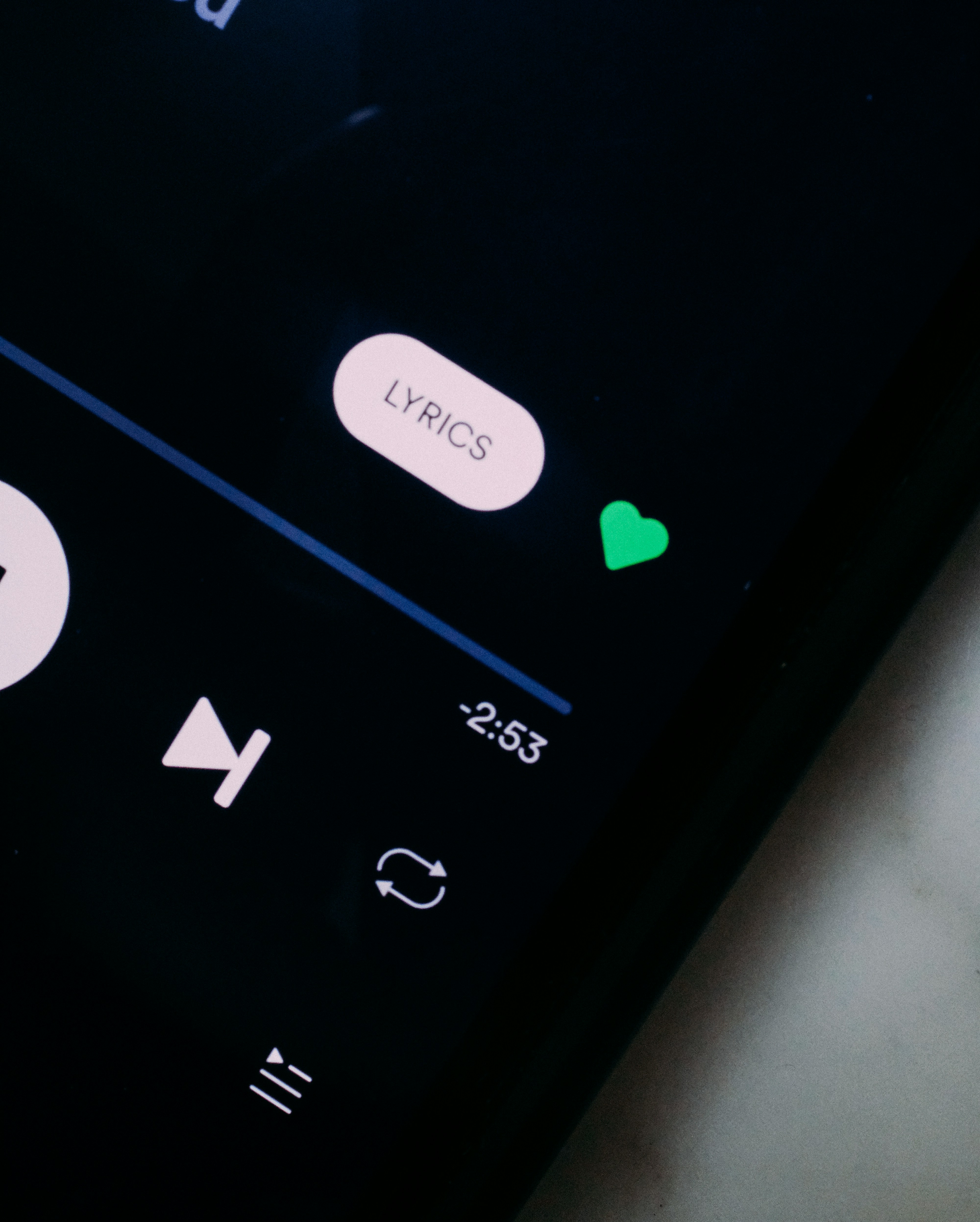The Mysterious Phenomenon Why Songs Sound Faster at Night

Image Credit: Unsplash
14th March 2025 4 mins read Published By: Infohub
Have you ever been lying in bed at night, listening to your favorite playlist, and suddenly noticed that the songs seem to be playing faster than usual? You check the playback speed, only to find it’s set to normal. What’s going on? Why does music seem to speed up at night? This intriguing phenomenon is a blend of psychology and environmental factors. Let’s explore the science behind why songs sound faster at night.
Advertisement
-
Psychological Factors
Research has shown that our brains are more sensitive to rhythmic patterns when our heart rate is slower. Since our heart rate tends to slow down at night, it's possible that our brains become more attuned to the rhythmic patterns in music, making the songs seem faster. At night, several psychological factors come into play such as:
Reduced Distractions:During the day, your brain is bombarded with sensory input—visual, auditory, and tactile. At night, the world quiets down, and your focus narrows. With fewer distractions, you may become hyper-aware of the music, noticing nuances like tempo more intensely. When we listen to music in a quiet, enclosed space like a car or a bedroom, the sound waves bounce off the surfaces and create a phenomenon called reverberation.
Reverberation makes music sound more echoey and resonant, which can, in turn, make the rhythm and tempo seem faster. This is because our brains are wired to respond to patterns and rhythms, and the added reverberation can create a sense of urgency or energy that makes the music feel faster.
Emotional State: Nighttime often brings introspection, relaxation, or even heightened emotions. If you’re feeling anxious or reflective, your brain may process time differently, making songs feel faster or slower than they actually are.
-
Time Perception
It’s important to understand that the songs themselves aren’t actually speeding up. The tempo remains the same, but your perception of time and rhythm shifts. This phenomenon is rooted in how your brain processes sensory information, especially in different states of mind and environments.
Studies on time perception suggest that when we’re tired or in a low-energy state (common at night), our brain’s internal metronome can speed up. It’s almost like your mind is trying to "catch up" to a baseline level of stimulation. A 120-beats-per-minute (BPM) song might feel closer to 130 BPM because your perception of each beat compresses slightly. Conversely, if you’re wired from caffeine or late-night adrenaline, your heightened arousal could amplify the song’s energy, making it feel faster even if the clock says otherwise.
-
Environmental Factors
During the day, ambient noise like traffic, conversations, or machinery can mask the finer details of music. At night, the absence of these distractions allows the music to stand out more clearly, making the tempo feel more pronounced. This is why songs might seem faster when you’re listening in a quiet room or with headphones.
For example, a ticking clock is barely noticeable in a busy room, but in a silent house at midnight, it’s deafening. Music follows a similar logic. Without daytime noise to anchor it, a song’s tempo might seem to gallop ahead unchecked.
-
Physiological Factor
Research has shown that our brains are more sensitive to rhythmic patterns when our heart rate is slower. For example, our heart rate and breathing patterns can affect our sense of rhythm and timing. At night, when our bodies are winding down, our heart rate slows, which can make music feel faster. Also, the sleep hormone Melatonin rises, promoting relaxation and drowsiness. This shift can alter your brain’s processing speed, potentially distorting your perception of time and rhythm.
-
The Brain's Timekeeping Mechanisms
Our brains have an internal clock that helps us keep track of time. The brain constantly interpretes sensory information to create a sense of time. This clock is influenced by various factors, including our Dopamine Levels, Auditory Dominance, circadian rhythms, attention, and emotions.
studies have shown that our sense of time can be distorted during periods of high arousal or attention, which can occur when we're listening to music at night. This distortion can make songs feel faster or slower than they actually are.
While we can't pinpoint a single reason to why songs sound faster at night, it's likely that a combination of psychological, acoustic, physiological, and neurological factors contribute to this phenomenon. Next time you find yourself marveling at the seemingly sped-up tempo of your favorite nighttime playlist, take a moment to appreciate the intricate dance between your brain, body, and environment. It’s a reminder that music isn’t just heard—it’s felt, experienced, and interpreted in ways that are uniquely human.